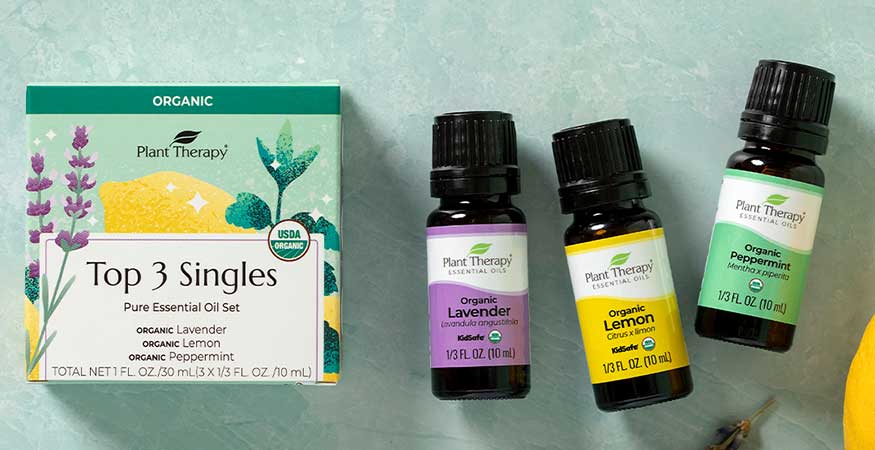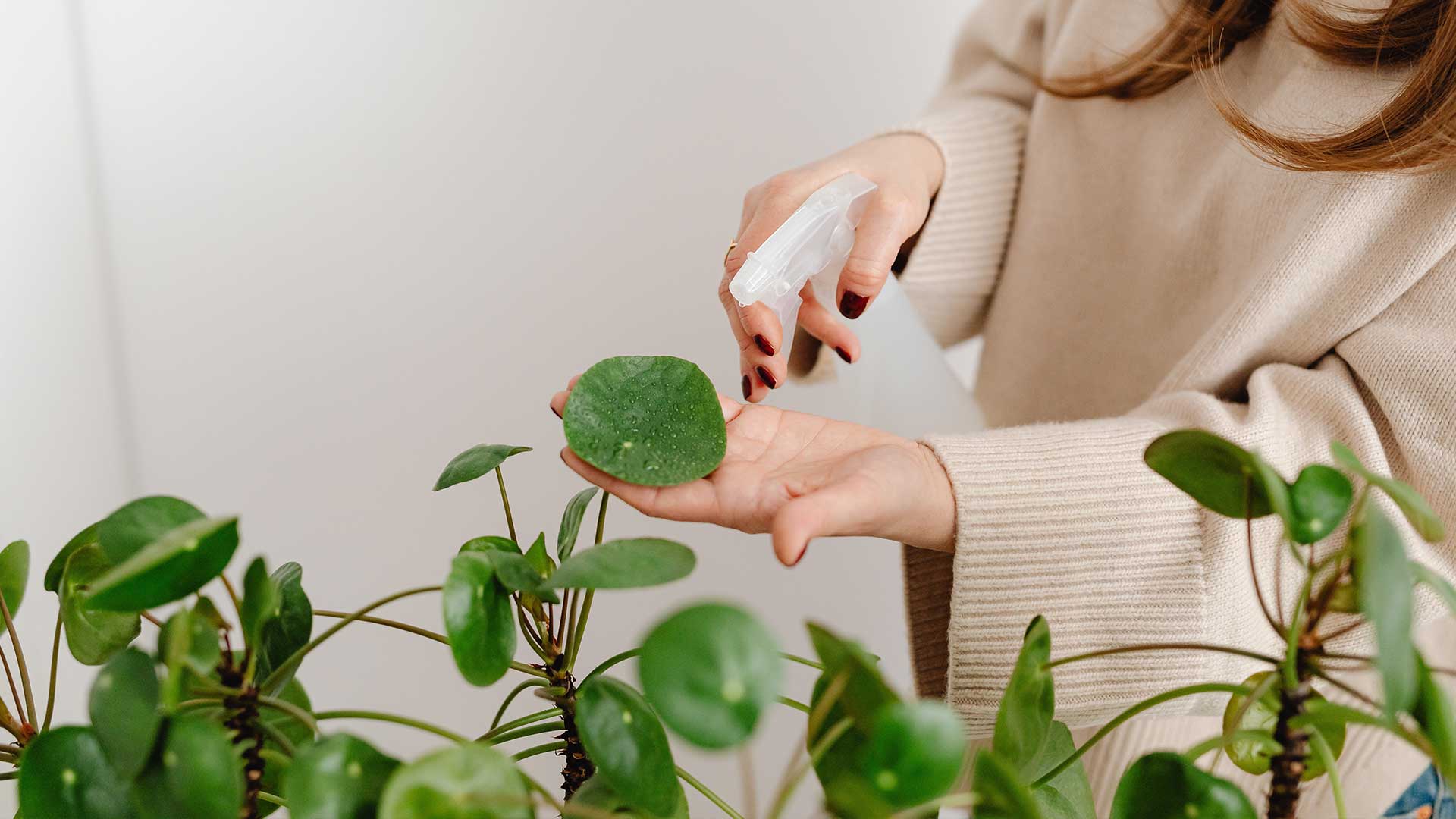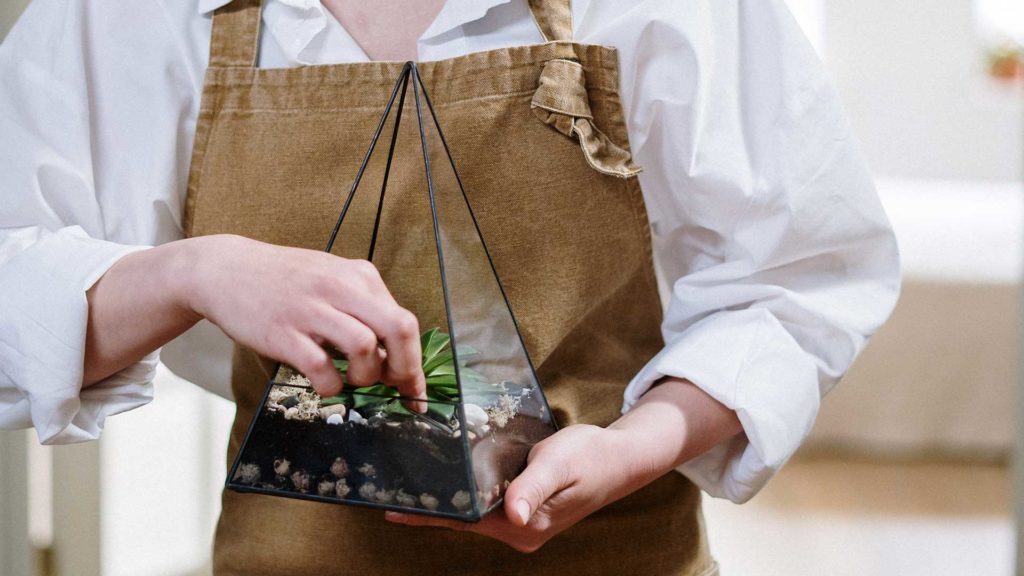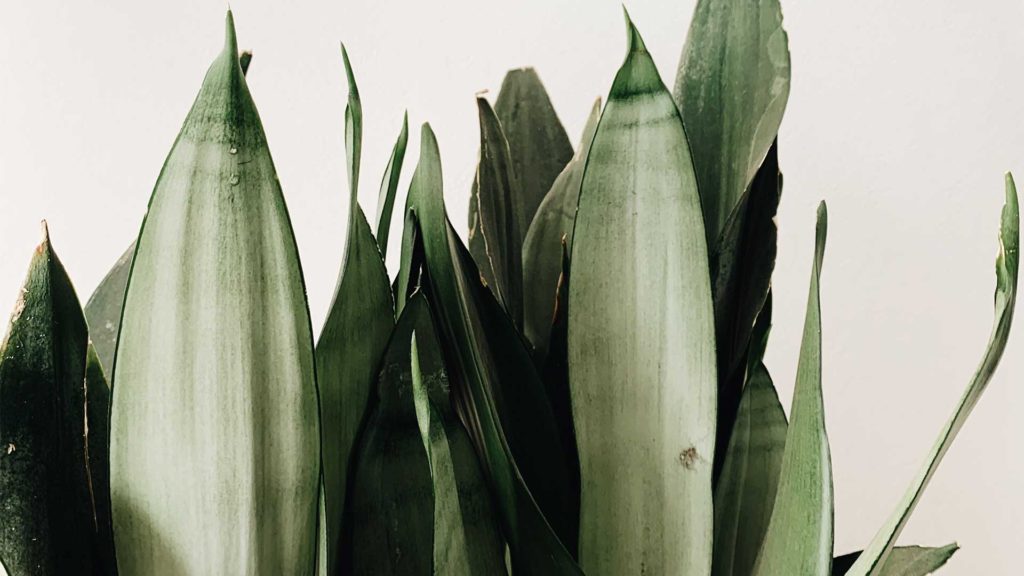Indoor plants not only add beauty to your home but also purify the air and provide numerous benefits. However, they can attract unwanted visitors such as pests, which can harm the plants and make your living space uncomfortable. Chemical pesticides are a common solution, but they can be harmful to your health and the environment. Fortunately, there are several natural pest control remedies that you can make at home to keep pests away from your indoor plants.
Neem Oil Spray
Neem oil is a natural insecticide that comes from the neem tree, which is native to India. It contains a compound called azadirachtin, which repels and kills a wide range of pests, including aphids, spider mites, and mealybugs. Neem oil also has antifungal and antibacterial properties, which can help prevent diseases in your plants.
To make a neem oil spray, mix one teaspoon of neem oil with one quart of water and a few drops of dish soap. The dish soap helps the solution stick to the pests and plants. Shake the mixture well before pouring it into a spray bottle. Spray the solution onto your plants’ leaves, stems, and soil once a week. Be sure to test the spray on a small area of your plant first to make sure it doesn’t cause any damage or burning. Because it has an initial unpleasant smell, I suggest doing this outside.
Garlic Spray
Garlic is a natural pest repellent that repels ants, aphids, and whiteflies —these pests are more prone to attack outdoor plants. It contains a compound called allicin, which has insecticidal properties. Garlic also has antifungal and antibacterial properties, which can help prevent diseases in your plants.
To make a garlic spray, crush several cloves of garlic and mix them with water. Let the mixture sit for a day, then strain it into a spray bottle. The longer the garlic sits in the water, the stronger the solution will be. Spray the solution onto your plants’ leaves, stems, and soil. Be sure to test the spray on a small area of your plant first to make sure it doesn’t cause any damage or burning.
Diatomaceous Earth
Diatomaceous earth is a powdery substance made from the fossilized remains of diatoms, a type of algae. It is an effective natural pest control remedy that kills soft-bodied insects, such as aphids and spider mites, by drying out their exoskeletons. Diatomaceous earth is non-toxic and safe to use around people and pets.
To use diatomaceous earth, sprinkle a thin layer on the soil and around the base of your plants. Make sure to wear a mask and gloves when applying diatomaceous earth to avoid inhaling the fine particles.
Sticky Traps
Sticky traps are a simple but effective way to trap and kill flying insects such as fungus gnats. You can purchase sticky traps from your local garden store, Amazon, or make your own by smearing a bright yellow index card with petroleum jelly. The bright color of the card attracts the pests, and the sticky surface traps them.
Place the sticky traps near your plants, especially in areas where you notice pest activity. Discard the traps when they become full or dirty and replace them with new ones.
Soap Spray
A soap spray is an effective natural pest control remedy for controlling soft-bodied pests such as aphids and spider mites. Soap spray works by suffocating the pests and breaking down their protective outer coating.
Create a soap spray by mixing one tablespoon of liquid soap with one quart of water. Spray the solution onto your plant’s leaves, stem, and soil. Use a mild soap such as castile soap or dish soap (I like Dawn). Be sure to test the spray on a small area of your plant first to make sure it doesn’t cause any damage or burning.

Essential Oils
Essential oils such as peppermint, clove, and rosemary are natural pest repellents. They contain compounds that repel pests and have antifungal and antibacterial properties, which can help prevent diseases in your plants.
To use essential oils on indoor plants, first dilute it by mixing a few drops with water in a spray bottle. Shake the bottle well to mix the solution and then spray it onto the leaves, stems, and soil of your plants, focusing on areas where pests are active. Reapply the solution every few days or as needed. Be cautious when using essential oils around pets, as some oils can be toxic to animals. Always research the safety of essential oils and consult with a veterinarian if needed.
Plant Therapy essential oils are my absolute favorite because they provide high-quality oils at an affordable price, and their website is packed with helpful information.
In conclusion, natural pest control remedies are safe, effective, and affordable solutions to keep pests away from your indoor plants. By using these homemade remedies, you can keep your plants healthy and your living space comfortable without harming your health or the environment.



